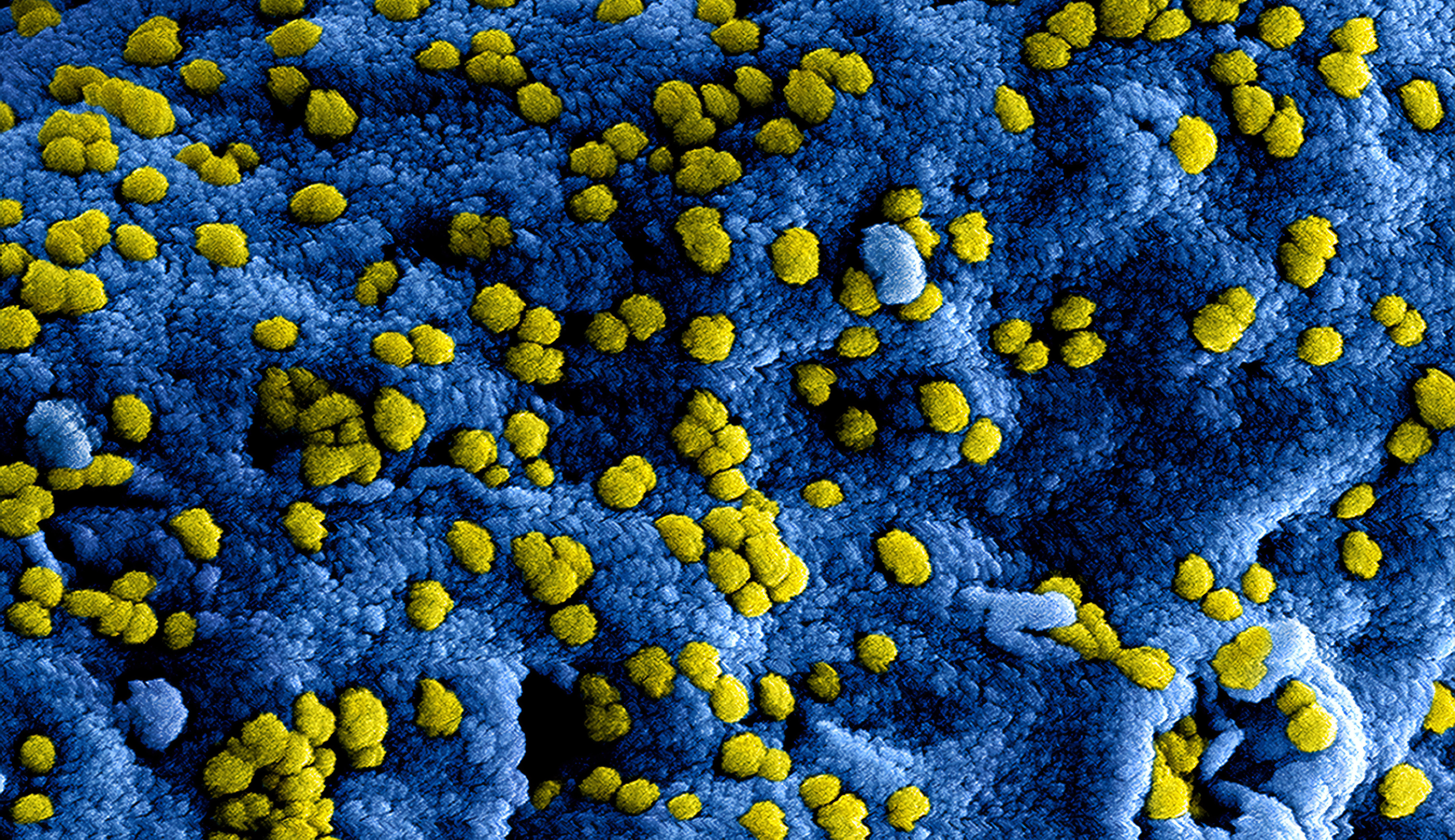The human gut microbiome is a complex ecosystem of microorganisms that lives in symbiosis with the human gut and helps regulate digestion and human health (Clemente et al., 2012; Nurkolis et al., 2022; Rosen & Palm, 2017; Tropini, 2021). Disturbances in gut microbiome composition can result in dysbiosis and lead to health issues including obesity, diabetes, and cancer (Musso et al., 2010; Gori et al., 2019; Clemente et al., 2012; Nurkolis et al., 2022; Rosen & Palm, 2017; Tropini, 2021).
The composition of the gut microbiome is influenced by the environment among other factors like diet, exercise, and medications (Clemente et al., 2012; Tropini, 2021). Understanding the effect of the environment on the human gut microbiome is important, especially in the face of climate change where the environment is rapidly changing (Tropini, 2021).
Various studies have concluded that your living environment plays an important role in gut microbiome symbiosis, alongside diet, antibiotic therapies, and immune response (Tropini, 2021; Clemente et al., 2012; Nurkolis et al., 2022; Gori et al., 2019; Musso et al., 2010; Rosen & Palm, 2017). Since climate change affects your living environment, it also means climate change affects human health through its effect on gut microbiome composition (Tropini, 2021; Nurkolis et al., 2022).
With the acceleration of climate change, the effects of climate change can be felt by everyone on the planet, with some populations being more vulnerable to these effects than others (Harvey et al., 2018; Tropini, 2021). The effects of climate change on health are not completely known, but it is well understood that climate change results in a multitude of negative health outcomes, especially for vulnerable populations (Anhquist et al., 2012; Tropini, 2021; Nurkolis et al., 2022).
According to Musso et al. (2010), there is evidence that the disturbances in gut microbiome composition can result in dysbiosis, leading to inflammation in the gut. This inflammation can affect the way nutrients are absorbed in the gut and lead to diseases like diabetes and obesity. These are not the only ways that human health is affected by the gut microbiome. According to Gori et al. (2019), the gut microbiome plays a role in carcinogenesis and the efficacy of cancer treatments like chemotherapy and immunotherapy.
It is important to understand the effects of climate change on the human gut microbiome since it is so vital to human health (Musso et al., 2010; Gori et al., 2019; Clemente et al., 2012; Nurkolis et al., 2022; Rosen & Palm, 2017; Tropini, 2021). With further research and understanding, there is a scope for new therapies for illnesses that involve preserving gut microbiome symbiosis. New treatments are beneficial because they can increase accessibility to health care for vulnerable populations and lead to alternative treatments that may be better than current standard treatments (Anhquist et al., 2012; Rosen & Palm, 2017; Gori et al., 2019; Musso et al., 2010).
Since climate change is progressing so rapidly, it is important for us, as a global population, to adapt by understanding the different ways that climate change affects human health.


